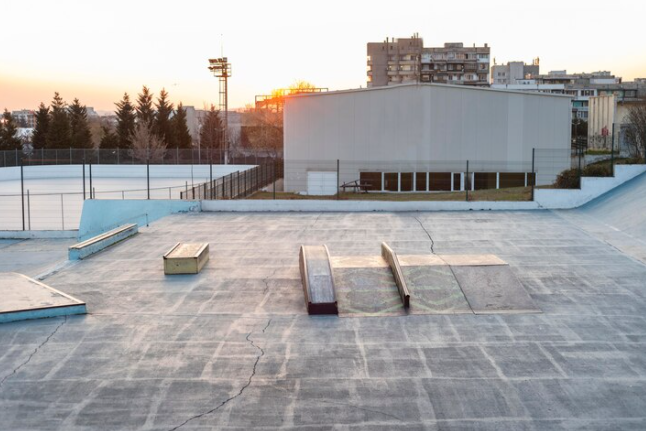Embarking on an industrial roofing project is a significant undertaking that demands careful consideration at every stage to ensure long-term success and protection for your facility.
Preparing for an Industrial Roofing Project
Understanding Roofing Needs
Industrial roofing involves unique specifications compared to residential roofing, due to factors like building size, usage, and load requirements. Begin by assessing your needs, taking into account the current building codes, potential weather conditions, and the existing roof’s performance.
Assembling a Skilled Team
The complexity of industrial roofing mandates the assembly of a team with specialized expertise. This includes architects, engineers, and roofing contractors who are experienced in industrial applications and can provide valuable insights from planning to execution.
The Design and Material Selection Phase
Choosing Suitable Roofing Materials
Selecting the right material is critical and should align with your building’s function, energy efficiency goals, and maintenance capacity. Options range from traditional built-up roofing (BUR) to modern single-ply membranes, metal panels, and green roofing systems.
Incorporating Energy Efficiency and Sustainability
Modern industrial roofing often focuses on energy efficiency and environmental sustainability. Consider materials and designs that offer insulation benefits, reflectiveness to combat heat island effect, or even support rooftop solar panel installations.
Blueprints and Budgeting for the Long Term
Creating Detailed Plans
Detailed roofing plans are essential for aligning project expectations among all stakeholders. These blueprints should outline not just the layout but also specify materials, insulation levels, drainage systems, and any additional features.
Setting and Sticking to a Budget
An industrial roof is an investment, and developing a realistic budget that accounts for both upfront costs and future savings through energy efficiency is fundamental. Ensure contingency plans are in place for unexpected expenses without compromising on quality.
The Implementation of Roofing Solutions
The Role of Professional Installation
Proper installation by certified industrial roofing professionals can be the difference between a roof that stands the test of time and one that fails prematurely. Vet contractors thoroughly to ensure they have the appropriate certifications, experience, and adherence to safety standards.
Monitoring Quality and Progress
Throughout the installation process, regular monitoring and quality checks are crucial. Ensure protocols are in place for addressing any issues promptly and effectively to maintain the project’s timeline and standards.
Post-Installation Follow-Up
Maintenance and Warranty Considerations
After project completion, regular maintenance is crucial for extending the life of the roof. Additionally, understanding the warranty offered by your contractor and the manufacturers of the materials used will aid in future decision-making should any issues arise.
The Facets of Successful Industrial Roofing Projects
Communication, planning, and partnership are the cornerstones of a successful industrial roofing project. From its initiation to the final application and beyond, each decision should be geared towards creating a roof that fulfills your industrial requirements, stands up to environmental challenges, and provides lasting value. Discover the perfect solutions for your home at JPR Construction.





